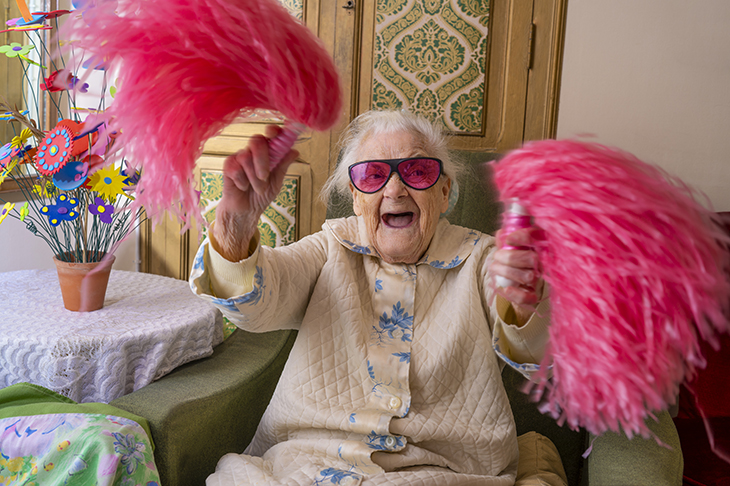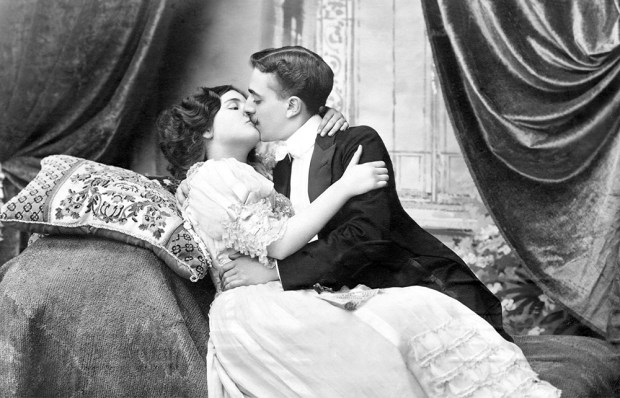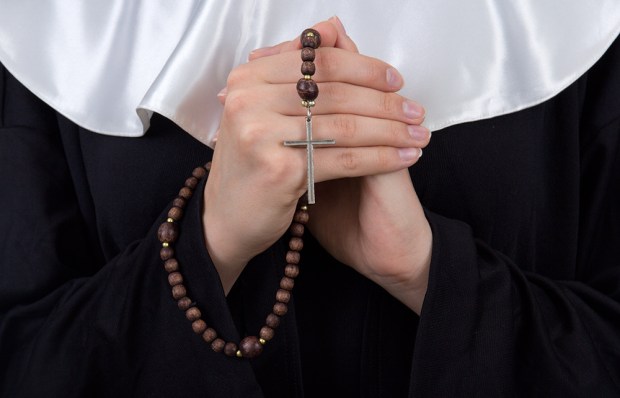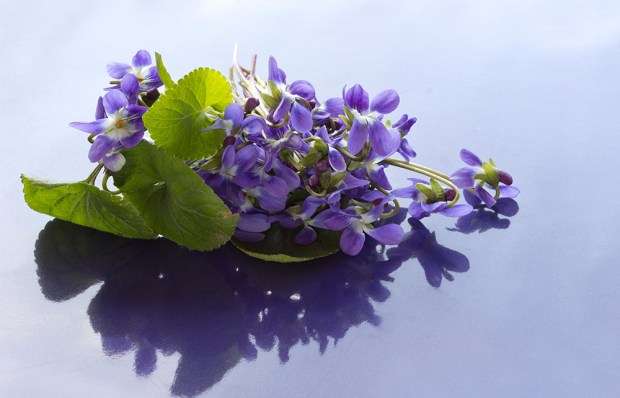For the last four years of her long life, this upstairs room and this magnificent sea view belonged to Mrs Lock. Mrs Lock never fully understood why she was living here and I’m not certain she knew who she was either. She had thick, strong legs and was prone to delightful auditory hallucinations, including pealing church bells, heavenly choirs and gentle rain.
Already a subscriber? Log in
Subscribe for just $2 a week
Try a month of The Spectator Australia absolutely free and without commitment. Not only that but – if you choose to continue – you’ll pay just $2 a week for your first year.
- Unlimited access to spectator.com.au and app
- The weekly edition on the Spectator Australia app
- Spectator podcasts and newsletters
- Full access to spectator.co.uk
Or
Unlock this article
You might disagree with half of it, but you’ll enjoy reading all of it. Try your first month for free, then just $2 a week for the remainder of your first year.















Comments
Don't miss out
Join the conversation with other Spectator Australia readers. Subscribe to leave a comment.
SUBSCRIBEAlready a subscriber? Log in